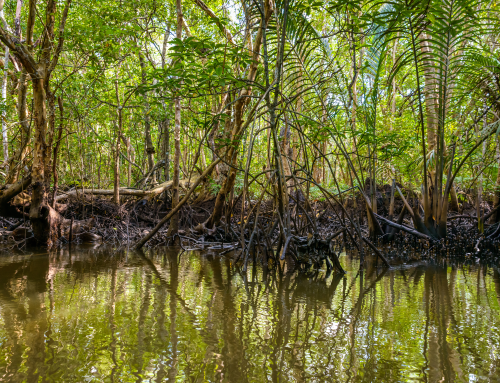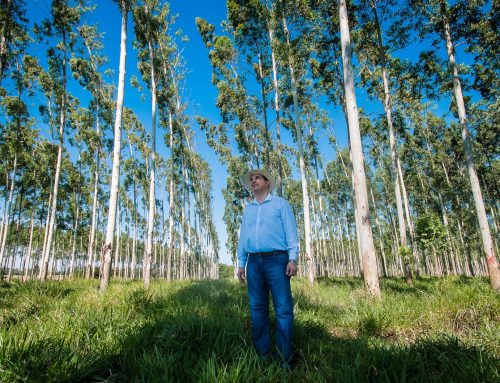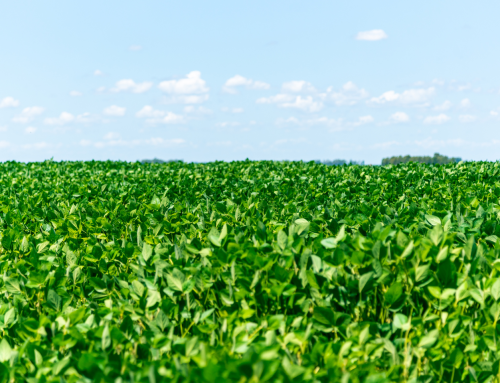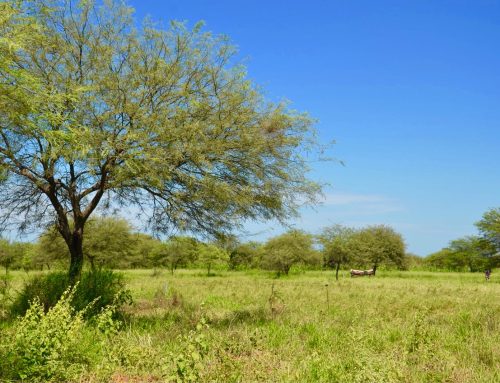.
This blog was written by Jane Lino, Deputy Director at Proforest.
Demanding that companies have strong commitments to source soy responsibly isn’t enough, if companies don’t have the capacity to implement it through their supply chains.
The Soy Toolkit was developed in 2018 as a direct response to feedback from our work with companies that identified a clear gap in soy companies’ abilities to implement their responsible sourcing commitments – the lack of knowledge and capacity of how to, for example, effectively purchase deforestation and conversion free soy. Our capacity building programme aims to be a one-stop shop for companies to get all the information they need to implement their policies in practice, building on the 5 elements of the responsible sourcing process.
.
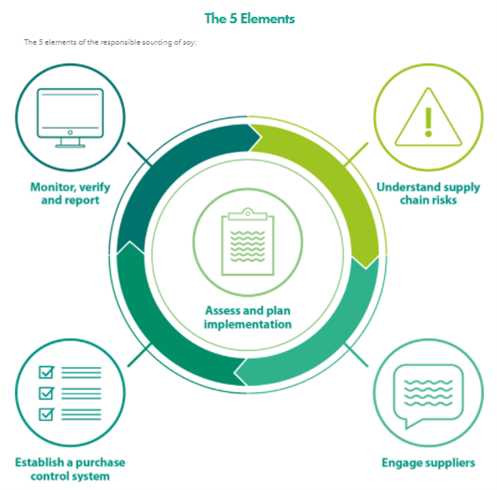
.
The use of the Toolkit in building capacity within soy companies was recently discussed by Renata Nogueira from Cargill and Caroline Westerik-Sikking from AAK in a live webinar to launch the series of recorded training webinars for companies. Both companies shared their use of the Toolkit – in Cargill’s case they used the Toolkit independently in helping to design their implementation plan for their soy action plan. AAK have been using the Toolkit to train their internal team on best practices for responsible sourcing. The recording of this webinar, and the links to download the 5-Elements Training Courses for Companies, are now available from the Soy Toolkit website – www.soytoolkit.net/welcome. It was especially enlightening to see companies use the Toolkit in two very different ways – one in formulating its public implementation plan, and the other very internally to build capacity amongst its internal team.
.
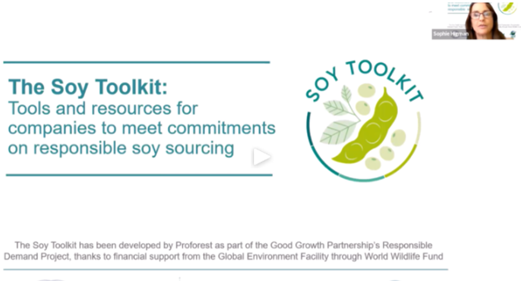
.
Following the successful rollout of the Soy Toolkit to companies from 2018, we found that these same companies were also lacking resources to implement policies across other forest risk commodities. This is what sparked our most recent work on a Beef Toolkit (www.beeftoolkit.net) and a Palm Oil Toolkit (www.palmoiltoolkit.net), the first materials from which were launched in 2021. These materials follow a similar process for companies, largely based on our ACRES approach (agricultural commodity responsible sourcing approach) but are tailored to the specifics of those different commodity circumstances.
The development of these materials has been closely aligned with the work done by WWF on the Deforestation and Conversion Free Implementation Toolkit (www.worldwildlife.org/pages/taking-deforestation-and-conversion-out-of-supply-chains) and the Accountability Framework initiative materials. This means that these various Toolkits fit together seamlessly to give a comprehensive package of information, advice, and practical next steps for companies in implementing their responsible sourcing commitments. All this free of charge to companies.
As we approach CoP26 in Glasgow we can expect more companies pledging to source agricultural commodities more sustainably, alongside new government commitments to strengthen legislation and regulation of markets, in order to achieve the climate change targets set under the Paris Agreement. Together with WWF, we plan to continue working on Toolkits for companies, aligning and refining the resources and training, to help companies to implement these commitments in practice, in their real supply chains, on the ground in the production landscapes where these commodities originate.
If we want to achieve the Paris Agreement goals, we need to work together to implement practical solutions for company supply chains to achieve true social and environmental sustainability. With the Responsible Sourcing Toolkits we are helping this to happen, step by step, with free and practical resources for the companies who trade and produce agricultural commodities.
The Soy Toolkit has been developed by Proforest as part of the Good Growth Partnership’s Responsible Demand Project, thanks to financial support from the Global Environment Facility (GEF) through the World Wildlife Fund (WWF).

